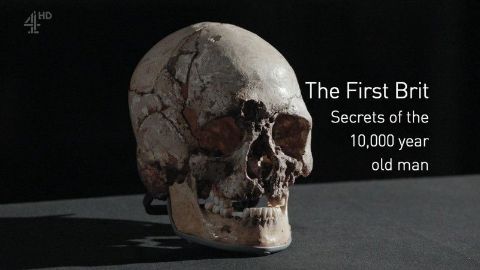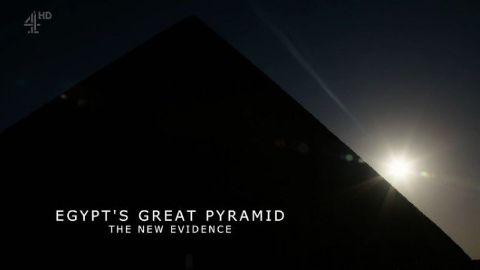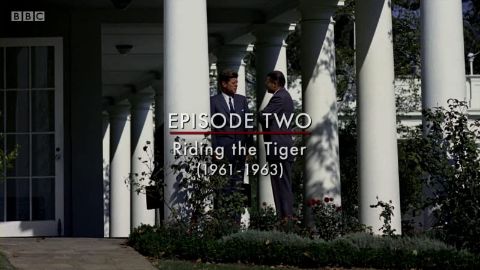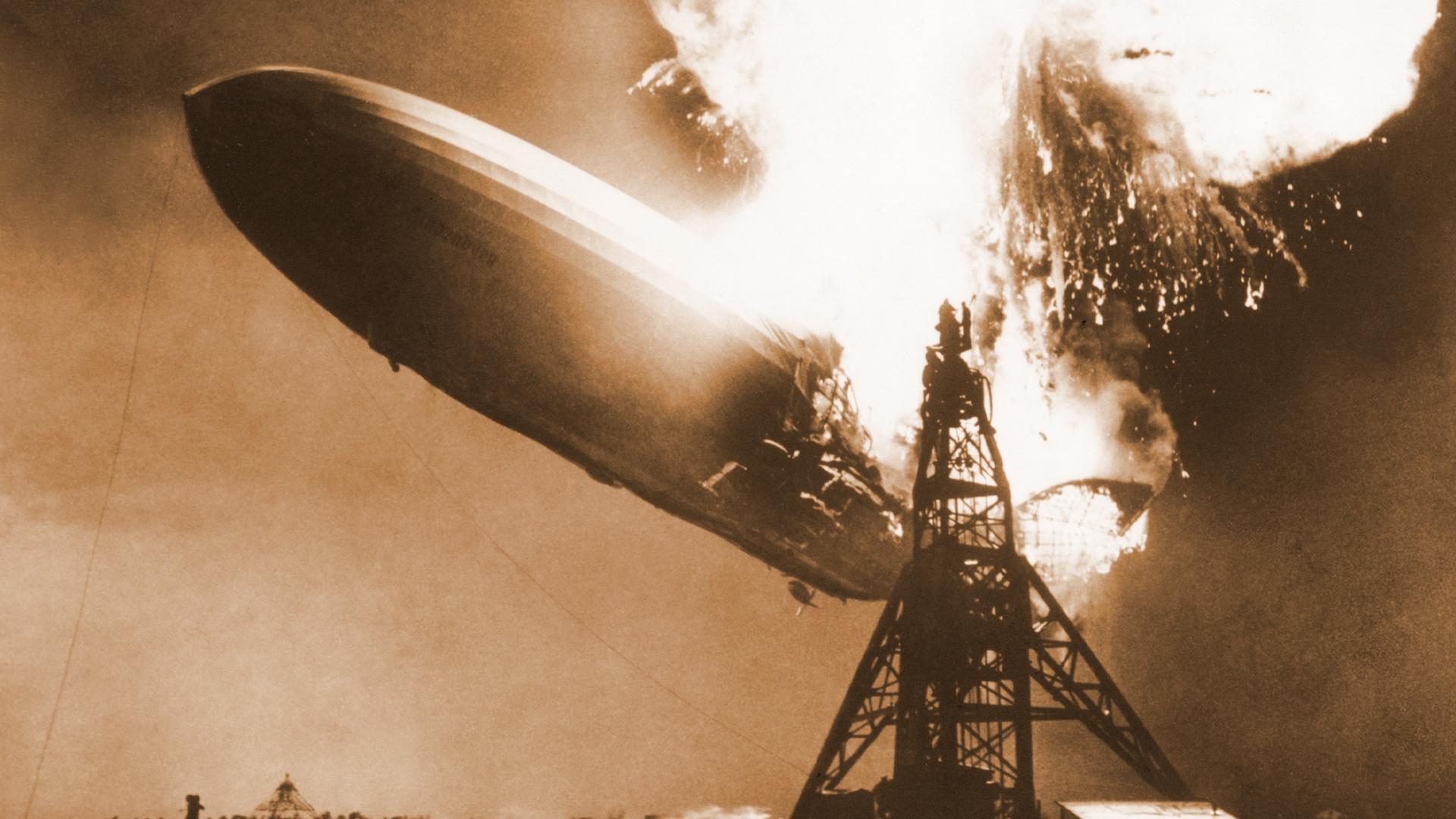Secrets of the 10,000 Year Old Man • 2018 • Secret History
Follows the UK's most ambitious and cutting-edge ancient DNA project to date. For the first time, a team of top scientists at the Natural History Museum and University College London have analysed the DNA of Britain's oldest complete skeleton. Known as Cheddar Man, this human male fossil was originally unearthed over 100 years ago in Gough's Cave in Cheddar Gorge, Somerset. Building on the advanced genetic testing of his 10,000-year-old bones, two of the most acclaimed palaeontological model makers in the world, Dutch identical twins Adrie and Alfons Kennis, have recreated Cheddar Man's entire head to give his extraordinary skeleton a real identity for the first time.
Make a donation
Buy a brother a hot coffee? Or a cold beer?
Hope you're finding these documentaries fascinating and eye-opening. It's just me, working hard behind the scenes to bring you this enriching content.
Running and maintaining a website like this takes time and resources. That's why I'm reaching out to you. If you appreciate what I do and would like to support my efforts, would you consider "buying me a coffee"?
Donation addresses
BTC: bc1q8ldskxh4x9qnddhcrgcun8rtvddeldm2a07r2v
ETH: 0x5CCAAA1afc5c5D814129d99277dDb5A979672116
With your donation through , you can show your appreciation and help me keep this project going. Every contribution, no matter how small, makes a significant impact. It goes directly towards covering server costs.








